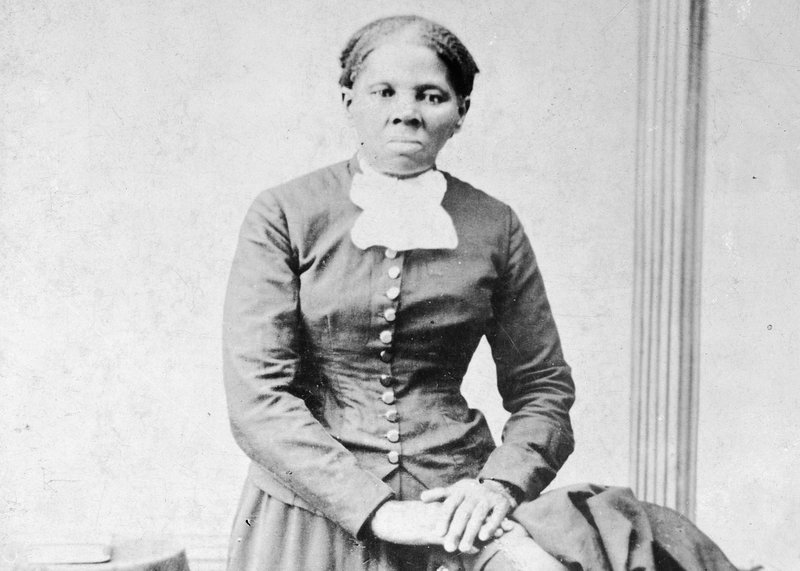Labor Party’s Jeremy Corbyn For British Prime Minister: Analysis

Next month and December 12 Great Britain will hold national elections. Jeremy Corbyn, a social Democrat similar in some respects to Bernie Sanders heads the British Labor Party. He has said I will be a very different kind of Prime Minister, not the kind of Prime Minister who believes he was born to rule.
Working people in Great Britain are struggling like they are in the United States. The Labor Party has addressed what to do about their situation. It has grown qualitatively in recent years and has a chance of winning the election. What the Labor Party stand for and what has their leader Jeremy Corbyn done to prepare for taking power is what will be discussed.
Guest – Colin Robinson, longtime member of the Labor Party. Originally from Liverpool, he was educated in London where he was an active socialist. He moved to New York 30 years ago to work as a publisher. He splits his time between New York City and London. Robinson has written for The Guardian newspaper and the London review of books. He is the co-owner of OR Books with offices in New York City, London, and Calcutta.
—-
Harriet Tubman And The History Of Women Slavery

In the recently-released film Harriet, an active and young gun-toting Harriet Tubman jumps off bridges and faces down slaver owners. Directed by Kasi Lemmons, who calls Tubman a completely badass woman, the new film shows sides of the legendary Tubman that contrast with how she is remembered. This is the first feature film focusing on the legendary Underground Railroad leader.
The filmmakers made an effort to ensure accuracy given that many myths about Tubman have circulated over the years. The first biography about her, Scenes in the Life of Harriet Tubman, by Sarah Hopkins Bradford included many inaccuracies such as the number and nature of her rescues. That set the stage for inaccurate accounts to come.
One myth was that there was a $40,000 bounty on her head, an extremely high figure amount. As well, the number of enslaved persons she rescued through the Underground Railroad was more likely around 70 in contrast to the 300 reported in the Bradford biography.
Guest – Professor Jessica Millward,Associate Professor in the Department of History at UC Irvine. Her research focuses on slavery in early America, African American history as well as women and gender. Her first book, Finding Charitys Folk: Enslaved and Free Black Women In Maryland was published in 2015 by the University of Georgia Press.
——————————-



